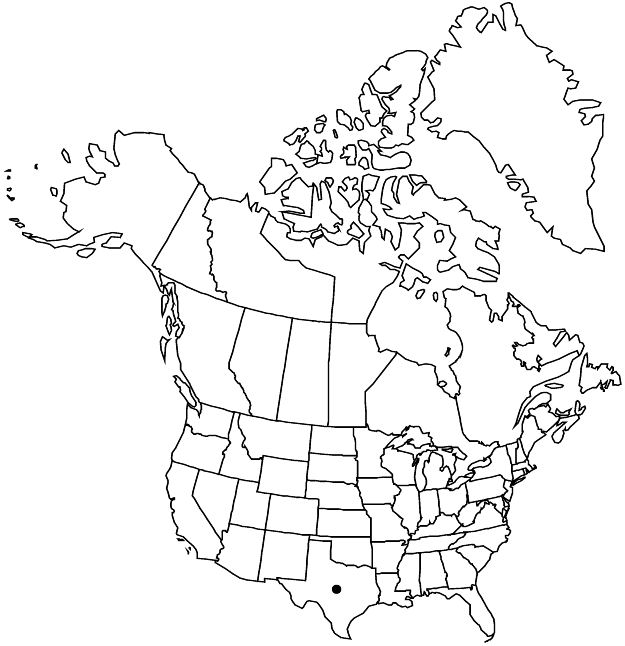Difference between revisions of "Croton incanus"
in A. von Humboldt et al., Nov. Gen. Sp. 2(fol.): 58; 2(qto.): 73. 1817.
FNA>Volume Importer |
imported>Volume Importer |
||
| (2 intermediate revisions by 2 users not shown) | |||
| Line 1: | Line 1: | ||
{{Treatment/ID | {{Treatment/ID | ||
|accepted_name=Croton incanus | |accepted_name=Croton incanus | ||
| − | |accepted_authority=Kunth | + | |accepted_authority=Kunth |
|publications={{Treatment/Publication | |publications={{Treatment/Publication | ||
| − | |title=Nov. Gen. Sp. | + | |title=in A. von Humboldt et al., Nov. Gen. Sp. |
|place=2(fol.): 58; 2(qto.): 73. 1817 | |place=2(fol.): 58; 2(qto.): 73. 1817 | ||
|year=1817 | |year=1817 | ||
| Line 41: | Line 41: | ||
-->{{#Taxon: | -->{{#Taxon: | ||
name=Croton incanus | name=Croton incanus | ||
| − | |authority=Kunth | + | |authority=Kunth |
|rank=species | |rank=species | ||
|parent rank=genus | |parent rank=genus | ||
| Line 52: | Line 52: | ||
|distribution=Tex.;n;c Mexico. | |distribution=Tex.;n;c Mexico. | ||
|reference=None | |reference=None | ||
| − | |publication title=Nov. Gen. Sp. | + | |publication title=in A. von Humboldt et al., Nov. Gen. Sp. |
|publication year=1817 | |publication year=1817 | ||
|special status= | |special status= | ||
| − | |source xml=https:// | + | |source xml=https://bitbucket.org/aafc-mbb/fna-data-curation/src/2e0870ddd59836b60bcf96646a41e87ea5a5943a/coarse_grained_fna_xml/V12/V12_145.xml |
|genus=Croton | |genus=Croton | ||
|species=Croton incanus | |species=Croton incanus | ||
Latest revision as of 19:13, 5 November 2020
Shrubs, 10–20 dm, monoecious. Stems much branched distally, stellate-velutinous. Leaves sometimes clustered near inflorescences; stipules linear-subulate, 2–3 mm; petiole 0.7–1.5 cm, (1/4–)3/8–1/2 leaf blade length, glands absent at apex; blade oblong, ovate-oblong, or elliptic-oblong, 1.5–4(–6) × 1.5–3 cm, base rounded to obtuse, margins entire, apex acute to obtuse, abaxial surface whitish, densely stellate-tomentose, adaxial surface darker green, stellate-tomentose. Inflorescences bisexual, racemes, 2–5 cm, staminate flowers 10–25, pistillate flowers 2–4. Pedicels: staminate 1.7–3 mm, pistillate 1–2 mm. Staminate flowers: sepals 5, 1.5–2 mm, abaxial surface densely tomentose; petals 5, oblanceolate, 1.5–2 mm, abaxial surface villous; stamens 10–16. Pistillate flowers: sepals 5, equal, 1.2–3.5 mm, margins entire, apex straight to slightly incurved, abaxial surface tomentose; petals 0; ovary 3-locular; styles 3, 1.8–3.5 mm, 2-fid to base, terminal segments 6. Capsules 6–8 × 4–5 mm, smooth; columella apex with 3 rounded, inflated lobes. Seeds 4.5–7 × 3–4 mm, dull. 2n = 20.
Phenology: Flowering Mar–Nov.
Habitat: Calcareous loams, xeric rocky limestone slopes and canyons.
Elevation: 0–700 m.
Distribution

Tex., n, c Mexico.
Discussion
Croton incanus is known in the flora area from the trans-Pecos region to south Texas.
Selected References
None.